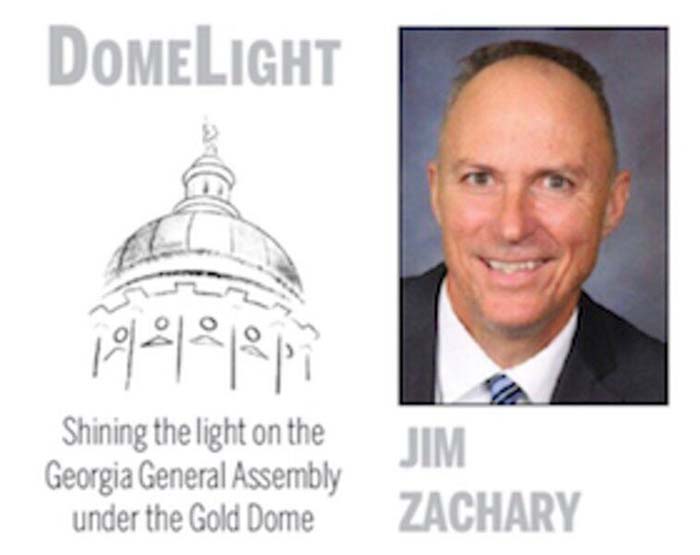ZACHARY: Time to revisit Sunshine Laws
Published 4:00 am Saturday, July 16, 2022

- CNHI Deputy National Editor Jim Zachary
When Georgia lawmakers rewrote the Georgia Open Meetings Act and Open Records Act and ratified the new laws more than a decade ago, it was an example of great public service.
It was also a different time in a different political environment.
Republicans, Democrats, bureaucrats, government insiders and open government advocates all worked together to codify laws that gave the people of Georgia greater access to local government.
The state’s attorney general at the time, Sam Olens, was committed to transparency and the General Assembly was open to bipartisan debate that led to significant improvements in the Sunshine Law.
The work they did wasn’t perfect but it was very good.
Of course, no one in 2012 had a crystal ball and could not have foreseen all of the challenges to the law, loopholes that would be leveraged by local lawmakers not wanting to disclose information and, of course, no one could have predicted all of the challenges associated with trying to conduct public business in the middle of a pandemic and economic shutdown.
Opening up the Open Meetings Act and Open Records Act is controversial. Open government advocates fear, and perhaps for good reason, that lawmakers could do the exact opposite of what they should do and further restrict access to government deliberations and records.
There is also a concern that, like almost everything these days, discussions about public access would end up breaking down along party lines with each side accusing the other of nefarious agendas.
In reality, government transparency should be the most bipartisan legislative priority lawmakers could take up.
We are the government.
The government is us.
Every deliberation of city, county, state and federal government is the people’s business.
Every document held in government halls belongs to the people.
It is time for Georgia lawmakers to clearly define in state law what measures local officials should have in place to comply with public records requests in the event of a shutdown. There should also be very clear text in the law regarding remote meetings and requirements for the technology to livestream meetings that are easily accessible.
Over the years, numerous exemptions to the Open Records Act have been carved out and those exemptions are scattered throughout state law. It is time to clean up that sprawling list, clearly define any reasonable exemptions and then create a tool for the entire list to live in one place, be categorized and easily searchable.
The General Assembly should eliminate the quorum language in the Open Meetings Act that has had the unintended consequence of encouraging local officials to leverage a perceived loophole and meet in smaller groups — anything less than a quorum — discussing the public’s business in secret. That was never the intention of state lawmakers and it is poor public service when local officials intentionally circumvent the requirement to conduct public business in public.
More guardrails need to be placed on what the law calls executive sessions. Those closed-door meetings are often abused and deliberations go beyond discussions about pending and actual litigation, specific real estate transactions and specific personnel issues.
Just saying the laws must be narrowly interpreted — as the General Assembly said in 2012 — has not been enough.
It is time to clearly define the narrow applications of the law and strengthen the public’s right to know.
Jim Zachary is the editor of The Valdosta Daily Times, CNHI’s director of newsroom training and development, deputy national editor and president emeritus of the Georgia First Amendment Foundation.




